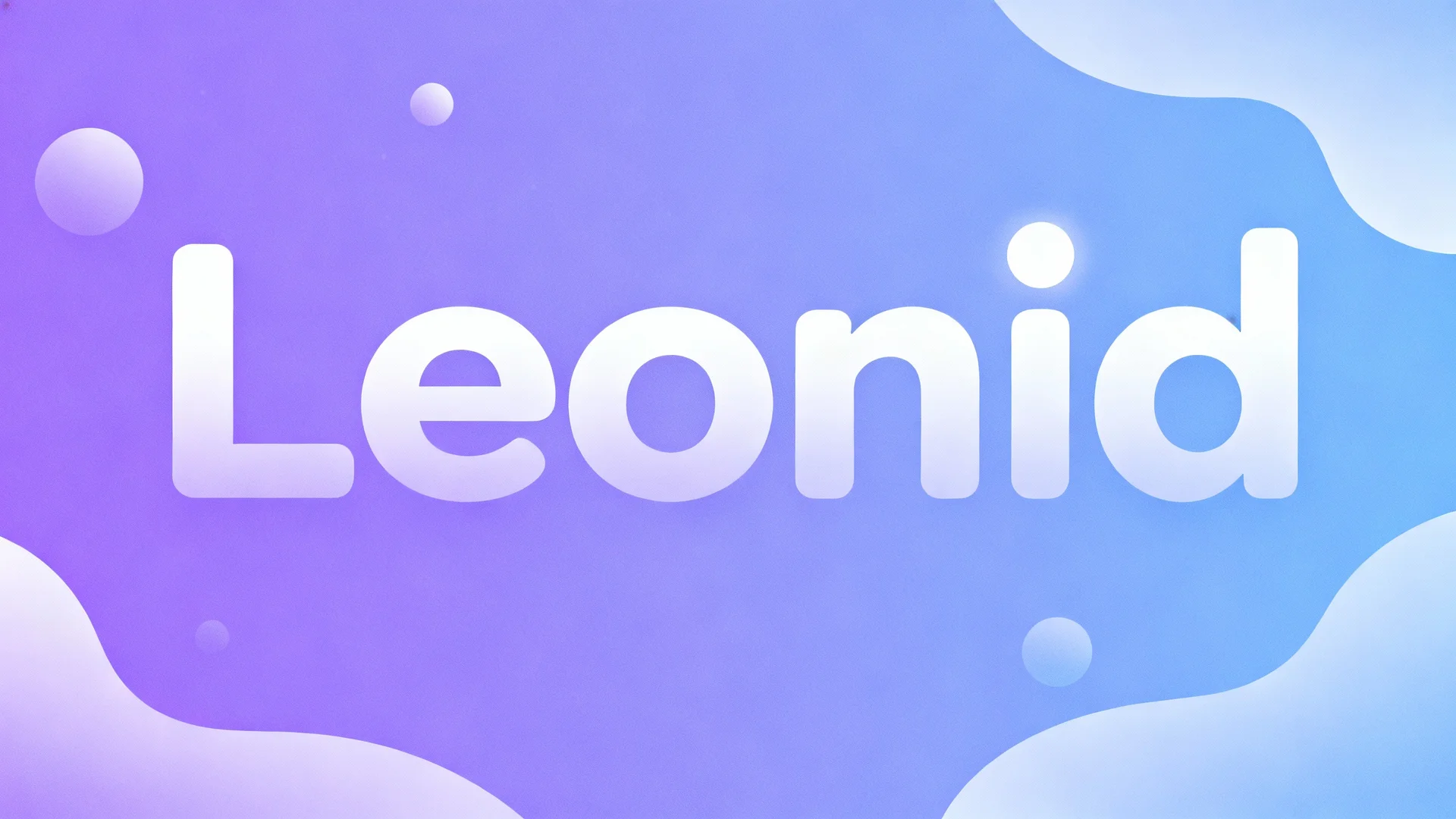
Loading...
Checking authentication...
Practice your pronunciation with interactive games and challenges.
Start PlayingThe story of Leonid begins in the realm of ancient mythology. Derived from the Greek word "leōn" meaning "lion," the name originally conjured images of strength, nobility, and courage. In the old legends, lions were not just revered as physical creatures but also as symbols of valor and leadership. Early Christians adopted the lion as a symbol of resurrection and hope, further cementing the name’s spiritual and heroic connotations.
Indeed, many ancient texts reveal how names related to the lion were bestowed upon individuals to signify their formidable nature. The parallels between the proud, untamed lion and the fighting spirit of ancient warriors were unmistakable. Detailed research shows that Leonid’s evolution mirrors this connection to raw, elemental power-a foundation that continues to imbue the name with a sense of regality and resilience.
As time advanced, the name Leonid traversed geographical and cultural boundaries. During the Byzantine era, the name gained popularity among scholars and clergy who saw in it a promise of intellectual and spiritual might. The deep historical roots were further reinforced in Eastern Europe, particularly in Russia, where the name took on renewed significance during the tumultuous 20th century.
In Soviet Russia, Leonid was borne by some of the most prominent figures of the era. A notable example is Leonid Brezhnev, whose leadership during the Cold War era left an indelible mark on global politics. This modern incarnation of Leonid intertwined the ancient symbolism of the lion with the practical demands of governance and statecraft. It is fascinating to observe how a name with mythical origins could adapt to encapsulate the ideals of modern leadership, a transformation reflecting the dynamic interplay between tradition and innovation.
There are common misconceptions surrounding names with ancient legacies. One frequent misunderstanding is that Leonid might be strictly a relic of the past, irrelevant in today’s dynamic social context. In truth, the historical journey of Leonid illustrates the fluidity of language and cultural symbolism. The name has been continuously reinterpreted while retaining its core valor, a testament to its enduring appeal.
In our interconnected world, names like Leonid do not just stand as static relics; they evolve with the cultures that adopt them. For language enthusiasts and English learners alike, mastering the pronunciation of Leonid is one way to connect with a broader cultural and historical narrative. Whether you use the name in literary discussions, cultural studies, or simply as a personal choice, knowing how to pronounce it correctly helps preserve its rich heritage.
For many, the initial challenge is bridging the gap between the historical context and modern pronunciation patterns. English learners often ask: "How do I properly say Leonid?" The answer lies in familiarizing oneself with both its phonetic breakdown and its intertwined evolution across languages. By practicing this name, one doesn't just learn to speak; one absorbs a narrative that has traveled through time.
Imagine you are at a cultural gathering where linguists and historians are discussing the evolution of names. One of the topics is Leonid, and the discussion touches on its origins, transformation, and modern usage. Here are some tips to master your pronunciation:
Many learners believe that the pronunciation of Leonid aligns with more common, anglicized names. However, the blend of Greek roots and Russian tradition gives it a unique sound. Avoid the pitfall of over- or under-emphasizing any syllable; the authentic pronunciation is a harmonious balance echoing its storied past.
Leonid is more than just a name; it is a bridge connecting the ancient with the modern. As societies evolve, names maintain their significance by adapting and absorbing new meanings. In literature, art, and even in day-to-day conversation, Leonid serves as a reminder that history is not a static archive but a living narrative. This narrative continues to influence contemporary language trends and cultural identities.
In contemporary society, where every word and name is a testament to a shared history, Leonid stands out as an emblem of continuity. For language learners, understanding and correctly pronouncing Leonid is an invitation to engage with a historical tapestry that spans continents and epochs. As you incorporate such names into your vocabulary, you not only refine your linguistic skill set but also honor the invaluable contributions of diverse cultures through the ages.
In conclusion, the evolution of Leonid offers a compelling example of how historical, cultural, and linguistic threads can be woven into a single narrative. Whether you are a language enthusiast, a history buff, or simply someone fascinated by the interplay of tradition and modernity, let the story of Leonid inspire you to dig deeper into the origins of the words and names that shape our world.
As a final thought, consider this: Every time you pronounce Leonid, you are not just uttering a name; you are echoing a rich legacy that has journeyed through centuries. Embrace this heritage, and invite others to explore the fascinating worlds of culture, history, and linguistics. For further exploration of historical name evolution and pronunciation tips, be sure to check out our comprehensive Leonid pronunciation guide.